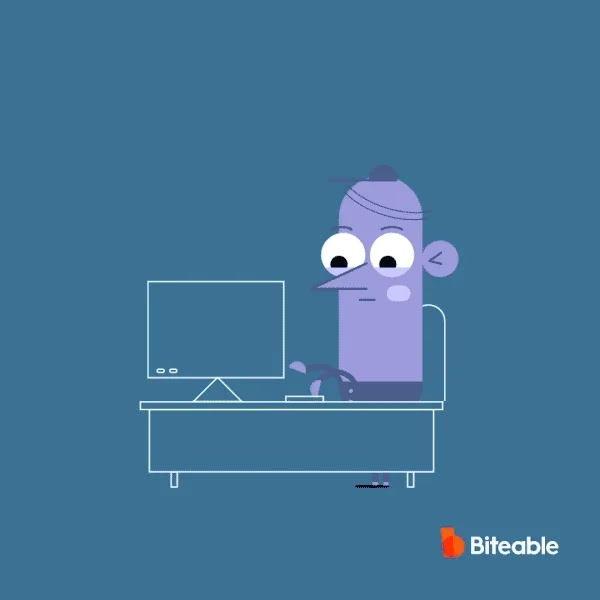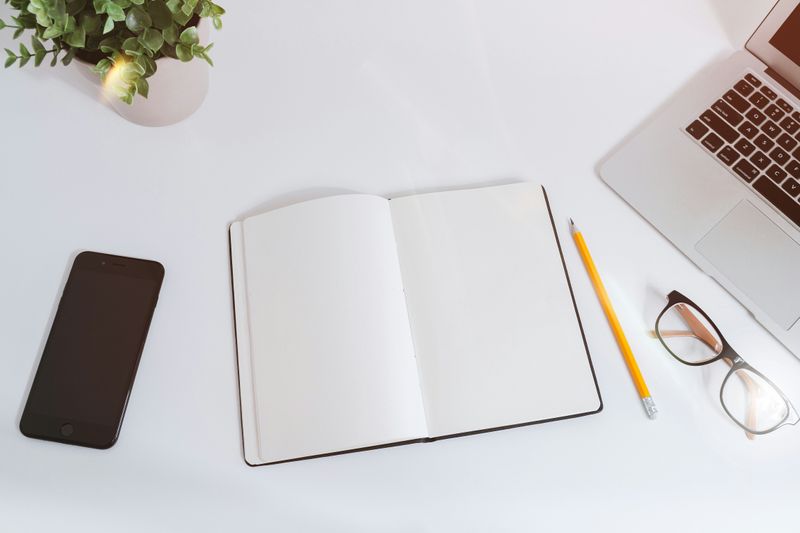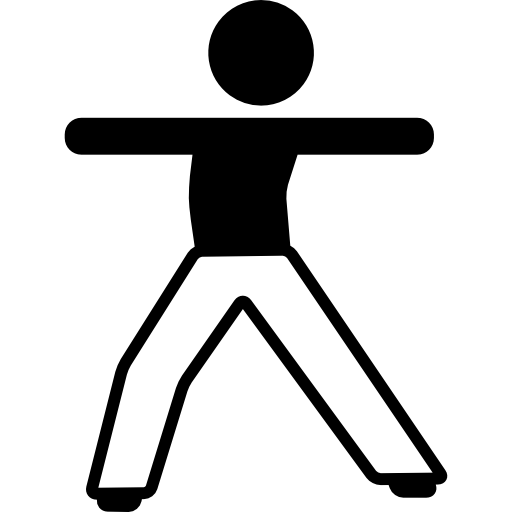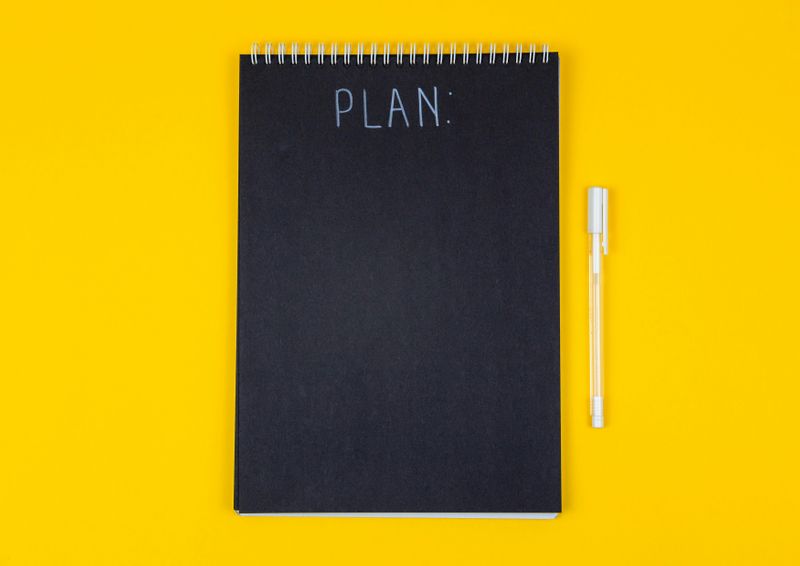
This logo isn't an ad or affiliate link. It's an organization that shares in our mission, and empowered the authors to share their insights in Byte form.
Rumie vets Bytes for compliance with our
Standards.
The organization is responsible for the completeness and reliability of the content.
Learn more
about how Rumie works with partners.
Feeling overwhelmed by sounds, sights, or sensations?

Do you end up feeling exhausted at the end of the day?
You aren't alone. Many people with ADHD experience overstimulation when they're bombarded with more information or sensory input than they can process.
This can lead to feeling overwhelmed, exhausted, and burnt out.
Luckily there are strategies to help you cope with overstimulation and even avoid it when possible!
Recognize Your Triggers
The first step to managing overstimulation is recognizing what triggers it.
For those with ADHD, it could be loud noises, bright lights,or even chaotic environments. It's different for everyone — and you may not be aware of what it is that overstimulates you. And that's okay!
A great way to help identify your triggers is to keep a journal. It can even be a note on your phone that you update daily.
When you begin to feel overwhelmed, annoyed, or even angry, write down what is happening around you.
Think of all your senses. What do you hear, see, smell, taste, or feel?
If you do this daily you can begin to recognize patterns in your triggers.
 Photo by JESHOOTS.COM on Unsplash
Photo by JESHOOTS.COM on UnsplashCreate a Calming Routine
Think of breaks and activities that help you reduce any stress that may arise in your daily routine.
The calming activities below are excellent for lowering your stress levels and can be done briefly and as often as you need.

Deep breathing: Deep breathing activates the parasympathetic nervous system, which can help you feel calm and relaxed. Try breathing in through your nose for 5 seconds and out through your mouth for another 5. Make sure to take your time with this and to breathe slowly and deeply.

Mindfulness: This involves noticing your thoughts, feelings, sensations, and environment. You can do this as you practice your deep breathing. Try and focus on just your body and the breathing exercise. You can also choose to focus on your thoughts and understand how they're affecting you in that moment.

Stretching breaks: Stretching helps the body by increasing blood flow, reducing inflammation, and releasing endorphins which can help you regain focus and energy. This stretching tutorial is a great introduction to simple stretching activities you can do from a chair, but you can always search YouTube for videos that are more tailored to your location, body, or limitations.
Practice these activities when you are calm so they are familiar for when you begin to feel overstimulated.
Maybe these activities aren't calming for you? That's okay! Try out different activities that provide calming effects for you.
Whether it's cuddling in a warm fuzzy blanket or taking a bubble bath — we all have our own preferences.
Consider using this Sensory Preference Checklistdeveloped by psychologist Dr. Neff to find activities and sensations that resonate with you.
Use Grounding Techniques
Grounding techniques help bring you back to the present moment when your mind feels scattered or overstimulated.
Try the 5-4-3-2-1 technique by naming:
5 things you can see
4 things you can touch
3 things you can hear
2 things you can smell
1 thing you can taste

Although the 5-4-3-2-1 technique is great, it might not be helpful to you. We're all different and what we need to ground ourselves varies.
Some other great grounding activities are:
Coloring
Painting
Mindful movement like dancing or stretching
Singing or even humming
Try one of these grounding exercises whenever you feel sensory overload starting to take over. Don't be afraid to try more than one until you find what works best for you!

Quiz
Imagine you're feeling overwhelmed and overstimulated after a long day of work. Your mind is racing, and you feel disconnected from the present moment. Which of the following grounding techniques could you try to help you feel more centered?
The 5-4-3-2-1 technique helps bring you back to the present moment by focusing your attention on your senses, making it an effective grounding method for when you feel overwhelmed.
Manage Your Environment
Your environment plays a huge role in managing overstimulation. People with ADHD can struggle in disorganized or noisy spaces.
Control your space as much as possible:
Use noise-canceling headphones
Declutter your workspace
Adjusting the lighting to your comfort level
Include comforting items like pillows and blankets
If it's difficult to control your entire environment, try setting up a "sensory-friendly" corner or space at home or work where you can retreat to when you feel overstimulated.
 Photo by Calvin Hanson on Unsplash
Photo by Calvin Hanson on UnsplashQuiz
You’re trying to focus in a loud, cluttered room. Traffic sounds come through the window, and the overhead light feels harsh. You want a calmer, more comfortable space to help you concentrate. What can help?
Answer "Use a blanket and light a candle" helps create a calm, focused environment by adding a comforting blanket and using a candle for a more soothing atmosphere.
Take Action
 Photo by Volodymyr Hryshchenko on Unsplash
Photo by Volodymyr Hryshchenko on UnsplashManaging ADHD-induced overstimulation is possible!
It is important to:
This Byte has been authored by
Emanuela Andolina
Educator and Instructional Designer